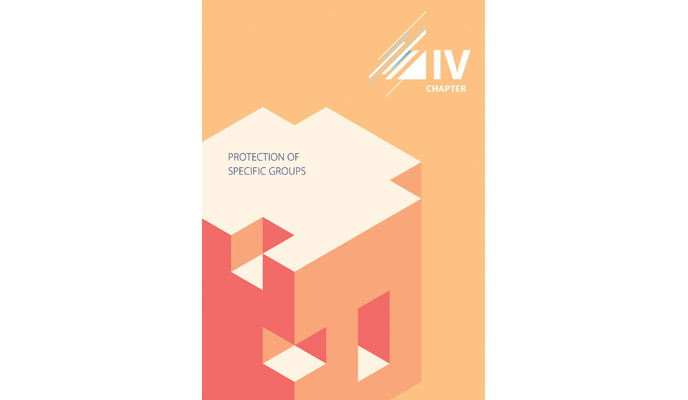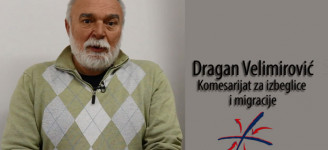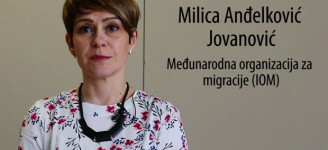CHAPTER IV - ADVANCED

Refugees and asylum seekers are generally considered as vulnerable categories because of the very fact that they need international protection. However, among persons in need of international protection, certain groups of persons with enhanced vulnerability may be identified. Such particular vulnerability can be the consequence of a specific situation in which a person incidentally finds himself, and may also be due to personal circumstances and characteristics that make the person in question extremely vulnerable. Migration flows, for example, favor the emergence of situations in which a person, based on fraud, coercion or the use of the position of vulnerability, is exploited for different purposes. Migrants and asylum seekers may be at risk of being exploited either before, during or after traveling to the country in which they seek refuge, which means that they can become victims of human trafficking. In such cases, and in order to provide comprehensive protection, it is necessary to apply to this category of migrants both the rules and standards governing international protection, as well as the norms relating to the protection of victims of trafficking in human beings. On the other hand, special protection may also be necessary due to the personal circumstances of migrants and asylum seekers, such as their age, disability or sexual orientation. Thus, due to their limited physical and psychological autonomy, migrant children face numerous obstacles during the migration process, which is why they need to be provided with special, more favorable legal guarantees and reception conditions, which becomes even more necessary when unaccompanied minors are involved. Finally, in the context of asylum, of relevance are gender-based issues, issues related to sexual orientation and gender identity, but also a number of other specific issues arising from additional forms of vulnerability, such as the special protection of persons with disabilities, victims of torture and elderly persons. This chapter will provide for a detailed analysis of both international and domestic standards that apply to all of the above mentioned categories of persons who, as particularly sensitive, need not only additional help and support, but also a more favorable treatment and a higher level of protection.















